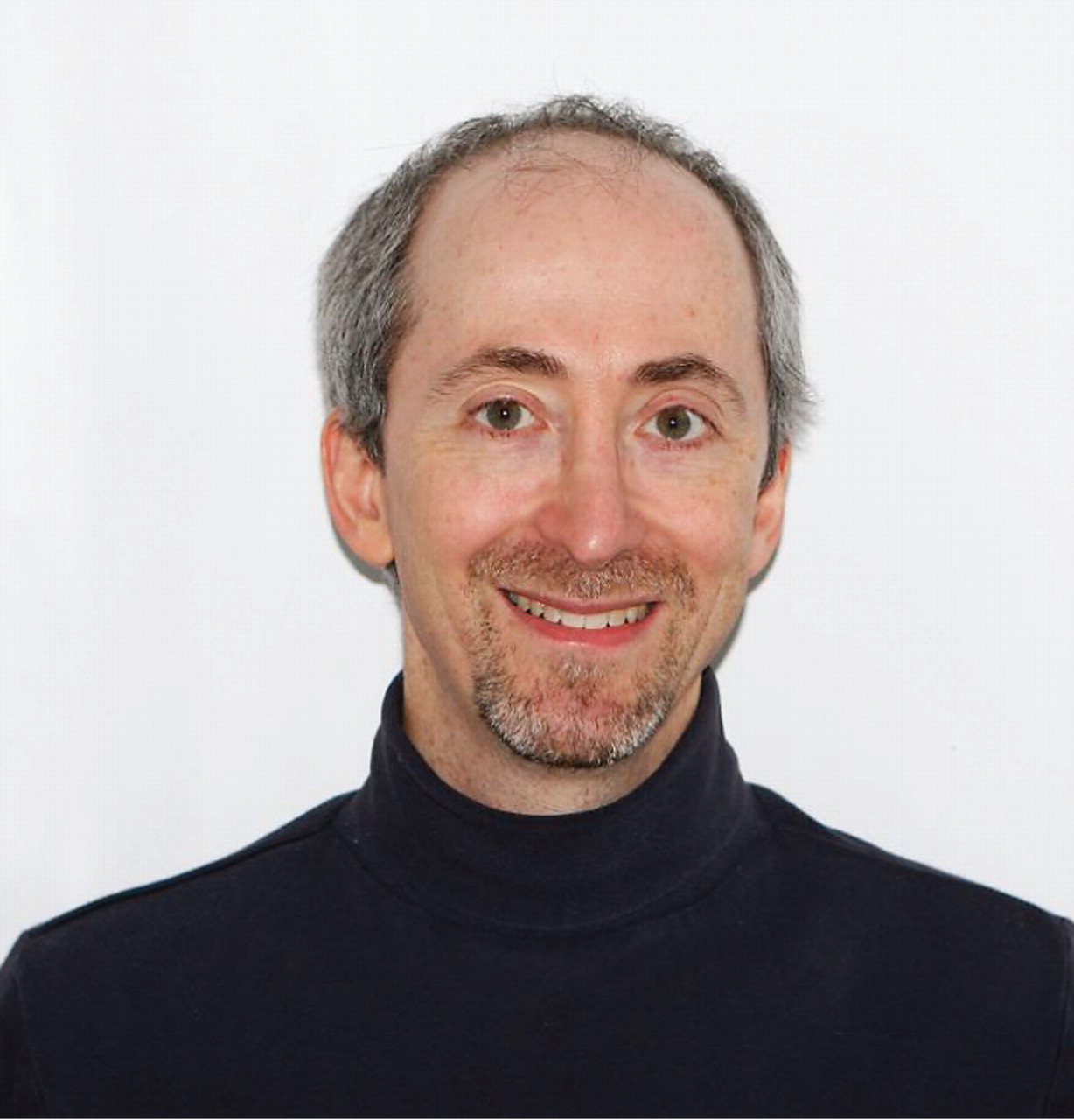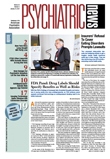The Annenberg Foundation is funding a unique initiative aimed at developing educational models for attracting physicians to addiction medicine and addiction psychiatry.
The foundation has given $12.5 million in perpetuity to support the Annenberg Physician Training Program in Addictive Disease. The agreement is between Annenberg and the Mt. Sinai School of Medicine in response to a proposal written by addiction psychiatrist Stuart Gitlow, M.D., M.P.H., M.B.A., who chairs the training program and is an assistant clinical professor of psychiatry at Mt. Sinai.
Last year the endowment piloted a program to place nine first- and second-year medical students in abstinence-based rehabilitation programs around the country for between four and eight weeks, with the goal of allowing students to experience addiction treatment from the patient's perspective.
“The students interact with the patients, and the patients know they are students,” Gitlow explained, “but we have seen that within a few days the students fit into the program. Our hypothesis is that through this experience the students will learn what they share with the patients. They will observe patients coming into the program in bad shape and leaving in good shape and the rapport that develops between themselves and patients in the treatment milieu.”
Gitlow added that a key to the Annenberg program is the ability to track participating students over time to determine what interventions succeed in attracting students to specializing in addiction medicine and addiction psychiatry. “This will take a long time, but we have the funding to do that,” he said.
He said students last year came from the University of Florida School of Medicine, Indiana University School of Medicine, Case Western Reserve University School of Medicine, Philadelphia College of Osteopathic Medicine, and Northeastern Ohio Universities College of Medicine. The students were sent to programs in Texas, Florida, Michigan, Pennsylvania, and Utah.
The Annenberg program provides students with a stipend, expenses at the treatment program, and travel and accommodation expenses.
The program is accepting applicants for the year beginning summer 2007. Students can e-mail the program for information at
[email protected]; the deadline for applying is March 1.
“We see this as our first operational year and are planning for 20 participants,” Gitlow said.
He added that a unique aspect of the endowment is that while it is housed at Mt. Sinai, the grant can be moved to another institution as determined by the training program's advisory committee. “The program doesn't have any physical space at Mt. Sinai, so this is unlike any other large-scale project with which I'm familiar,” he said. “We do almost all our work cooperatively with other institutions in an online setting.”
Gail Levin, Ph.D., executive director of the Annenberg Foundation, told Psychiatric News that the endowment is part of the foundation's commitment to improving public health. “We wanted to respond to the need identified by several medical societies to increase the number of trained physicians in addictive disease,” she said.
In an article in the summer 2000 American Journal on Addictions, addiction psychiatrist Marc Galanter, M.D., of New York University School of Medicine, and colleagues surveyed the 38 PGY-5 (and 5-6) addiction psychiatry residency programs accredited by the Accreditation Council for Graduate Medical Education as of July 1999.
They found that in the 1998-99 academic year, the 36 programs that responded to the survey had offered 84 positions for entering addiction fellows, but were able to fill just 61 of them.
“As of 1998, there were 1,776 addiction psychiatrists certified by the ABPN,” Galanter and colleagues said. “These diplomates received their training and clinical experience prior to the institution of the [PGY-5, 5-6] residency requirement, although some had already completed accredited fellowships. Clearly, as these diplomates retire, a greater number of residents will have to enter training programs to meet the needs of tertiary care centers and treat the general population as well, given the high prevalence of substance-use disorders.”
Gitlow said the traditional format for training in addictive disease, in which students shadow a physician in a hospital setting, has not been successful in attracting interest to the field.
“We tend to get exposed early on to the process in an inpatient hospital setting,” he said. “Consequently, students tend to see the revolving door of the emergency department, where the drunk comes in again and again not receiving any real treatment. What they learn is that drunks don't get better. Students are not exposed to addiction-rehab programs or any of the longer-term interventions that are most useful to these patients.
“If you look at what happens to medical students' attitudes about addiction, they get worse as they progress through training,” he added.“ Through the Annenberg endowment, we are trying to intervene early when students are open to the idea of treating patients with addictive disease.”
Gitlow said a result of the dearth of physicians entering fellowship programs in addiction psychiatry is what he called “an enormous scope-of-practice problem” in the field.
“Most patients are initially seen by a nonphysician who does the diagnosis,” he said. “We have a highly prevalent disease that is diagnosed by nonphysicians and treated by nonphysicians, and not always particularly well.”

